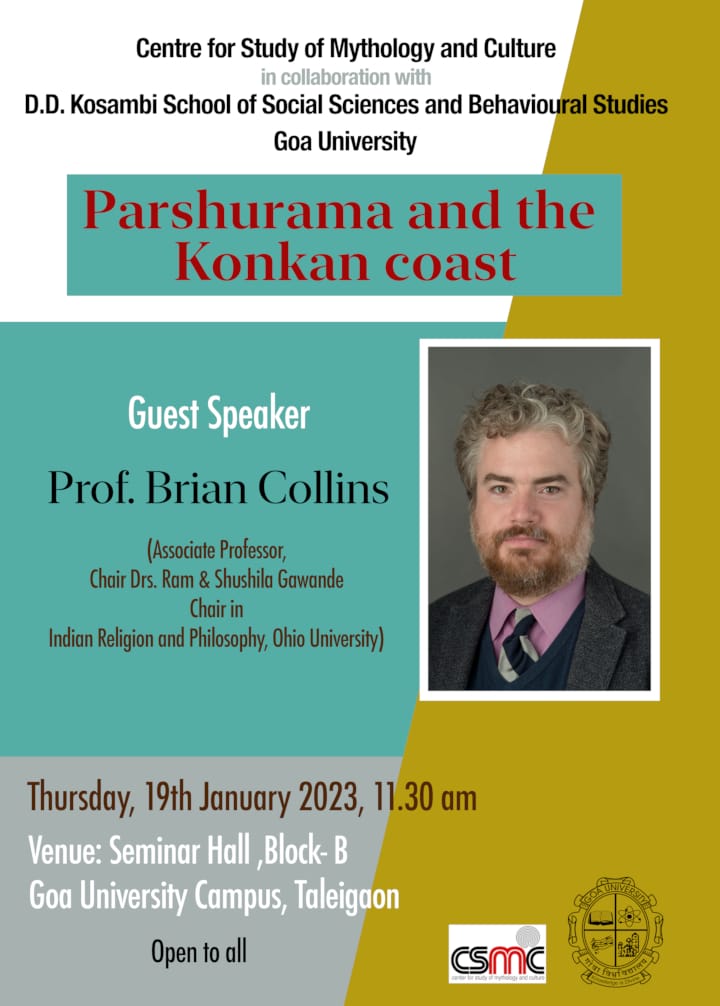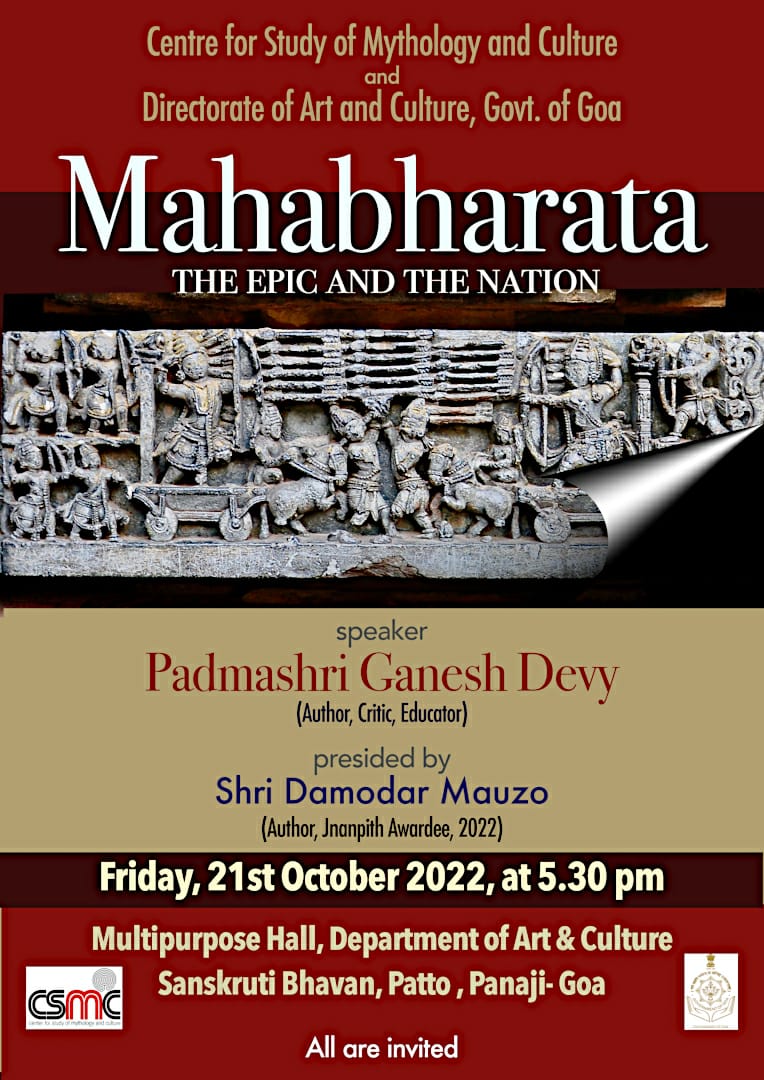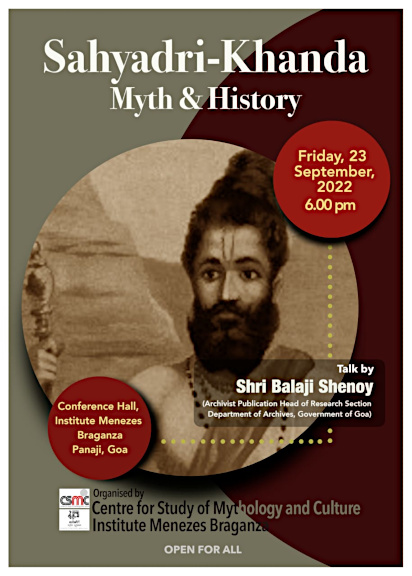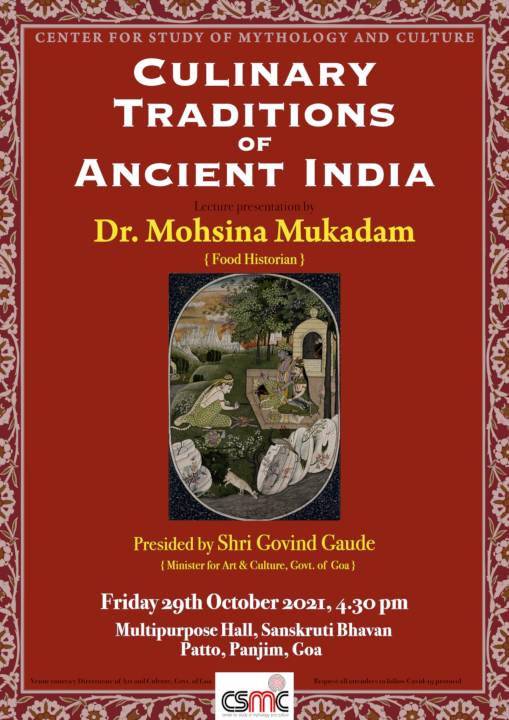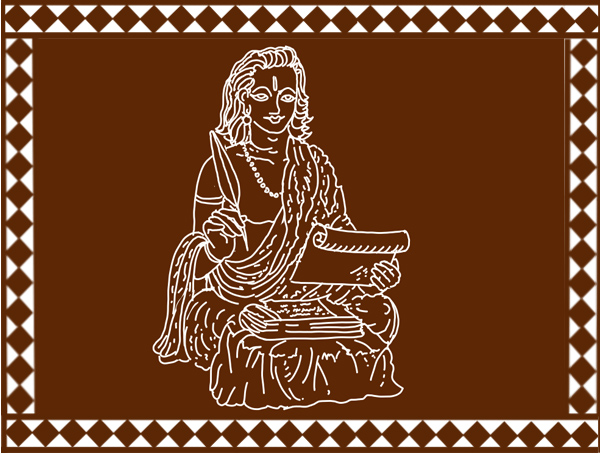
Very little is known about the personal life of Kalidasa, one of the greatest Sanskrit poet and dramatist of India. Many scholars have propounded that Kalidasa might have lived around 4th and 5th CE under the patronage of Chandragupta II. It is said, Kalidasa is the poet’s pseudonym and not the birth name. Interestingly there are many folklores about the playwright, explaining how he transformed from a village simpleton into the greatest poet and writer of India, authoring classic plays like Abhijyanshakuntalam, Malavikagnimitram, and poems such as Raghuvamsha, Kumarsambhav, and Meghadutam to mention the few from his oeuvre
Following oral narrative was told to me by a friend from Kerala. There was a boy in a village in Kalinga who never got the opportunity to get an education as his parents died when he was a small child. The village children took great pleasure in bulling him for being an uneducated simpleton. As he grew up the villagers considered him to be a dimwit.
One day the princess, a beautiful and arrogant woman as she was, announced that she would marry only a man who could match her intelligence. Many eligible men and scholars approached the princess seeking her hand in marriage, but she belittled all of them by her sheer brilliance and intelligence. This infuriated the men in the village and they decided to play a wicked game by sending the dimwit boy as the eligible groom for the princess. They dressed up the dimwit in elegant clothes and brought him to the palace and presented him as the wisest man of the town, who was observing a strict vow of silence and communicate only through gestures. The men had tutored the dimwit to communicate through gestures. Princesses interrogated the dimwit who replied through the gestures he had learned. The princess misinterpreted his gestures as profound responses to her questions. Pleased with his answers, princess married him.
After a whole day of wedding celebrations, at nightfall as the princess entered the royal bed chamber in anticipation eagerly wanting to share her thoughts with her husband. But she was shocked to hear the dimwit respond with incomprehensible statements backed with foolish grins to her romantic overtures. To her horror, she realised that she has married a dolt and how the jilted countrymen had played a cruel joke on her by presenting a dullard as a wise man under a vow of silence. The angry princess stomped out of the bed chamber after insulting the foolish young man by calling him a donkey.
The dimwit was deeply hurt by the princesse’s words and he left the palace sorrowfully and vowed to return one day as a great scholar and poet. But how? He had no education, no knowledge or wisdom to be a writer. The villagers advised him to approach goddess of knowledge for help.
He went to the Kali temple and decided to pray to the goddess to make him into an intelligent man. Foolish as he was, he went to the Kali temple, got directly inside the sanctum sanctorum, bolted the door from inside and started praying. But the Goddess who had stepped out to visit her devotees, when she returned to her abode, she found herself locked out. She knocked on the door but the dimwit would not open it. After hours of knocking and waiting, she asked him what he wanted in return for opening the door. The dimwit haltingly narrated his plight and pleaded with all his heart to her to bestow intelligence and knowledge on him. The Goddess was moved by his sincerity and his wish to be a man of culture and knowledge and for not coveting worldly riches or power. She asked him to stick out his tongue through a gap in the door and the goddess wrote her name on his tongue with her finger nail. Thus he was endowed with great knowledge of Sanskrit language and poetic intuition and he began composing poems in praise of the great Goddess Kali.
From then on he called himself ‘Kalidasa’ which means the servant of Goddess Kali , and went on to author the great classics of Sanskrit literature that have stood the test of time..
Story collected by Vidya Kamat
Source: as told by a friend P Radhakrishanan
Location: Kerala
Image copyright: Vidya Kamat







